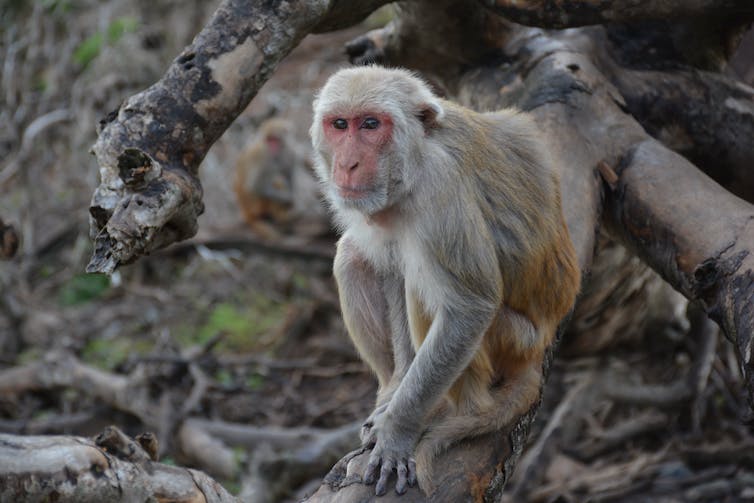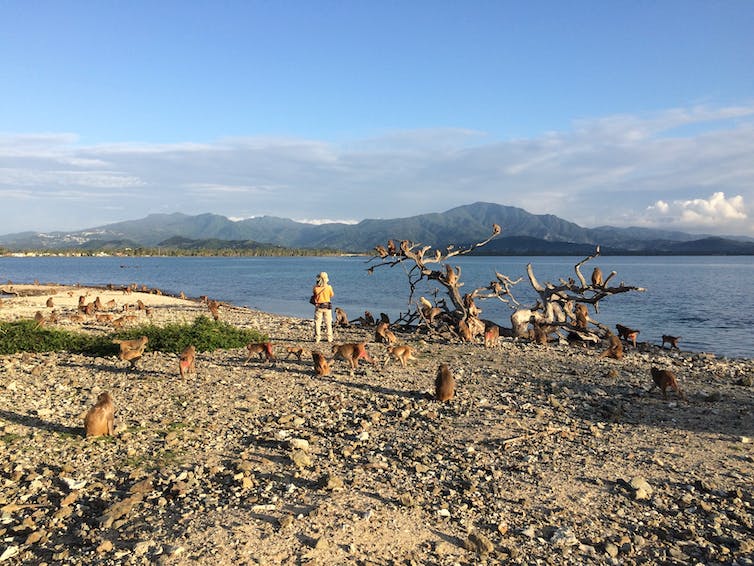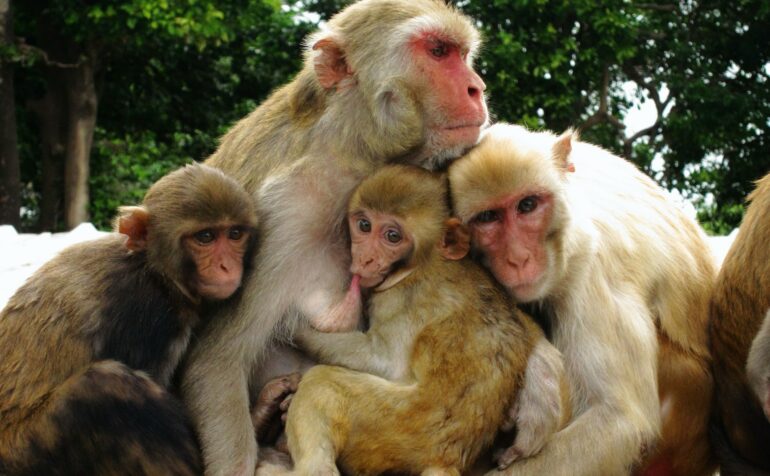There are many changes that can come with old age – hair turns gray, eyesight isn’t quite what it used to be, mobility often becomes limited. But beyond these physiological changes, people also experience changes to their social world. As we age, our social circles tend to get smaller.
Such declines in social networks have raised concern among scientists who are aware of just how important social relationships are to health and well-being. Being socially isolated can harm health as much as obesity, alcoholism or sedentary living.
In the past decade, however, scientists have started to think that the shrinking of social networks with age might not be all bad.
Rather than social declines being driven exclusively by the death of friends or deteriorating health, people might become more selective in their social interactions as they age. After all, many older adults tend to focus their social effort on family and close friends. This change in social focus might result from older adults’ being aware of the limited time they have left and prioritizing their most important relationships.
As a behavioral ecologist and a molecular ecologist, we were interested in understanding the evolutionary roots of these age-based changes in social focus.

An older female macaque sits alone on Cayo Santiago, Puerto Rico.
Noah Snyder-Mackler, CC BY-ND
To investigate whether other animals share these patterns of social selectivity with age, we turned to a free-roaming population of over 200 macaques on the island of Cayo Santiago in Puerto Rico. In collaboration with our colleagues, we collected eight years of data about how these monkeys interacted with one another as they got older.
We found striking parallels to the patterns of social aging seen in humans, and our study sheds light on the causes and potential consequences of shrinking social networks with age.
Picky partner choice
We focused specifically on female macaques, because they have the most stable long-term relationships in this population. With the help of several dedicated research technicians, we followed these females for up to seven hours a day over the course of eight years.

Daniel Phillips, a research technician, collects data on macaque social relationships on Cayo Santiago, Puerto Rico.
Erin Siracusa, CC BY-ND
First, we found that female macaques did indeed spend time with fewer social partners as they got older. Aging macaques sat near fewer partners and also groomed fewer partners. Grooming is an important bonding behavior in macaques that females do only with their besties.
Importantly, this reduction in females’ social circles was not precipitated by their partners dying or by older monkeys being seen as somehow undesirable and therefore to be avoided. We observed that how often other monkeys sought out older females as social partners did not change with age.
Instead, there seemed to be…



